Shows
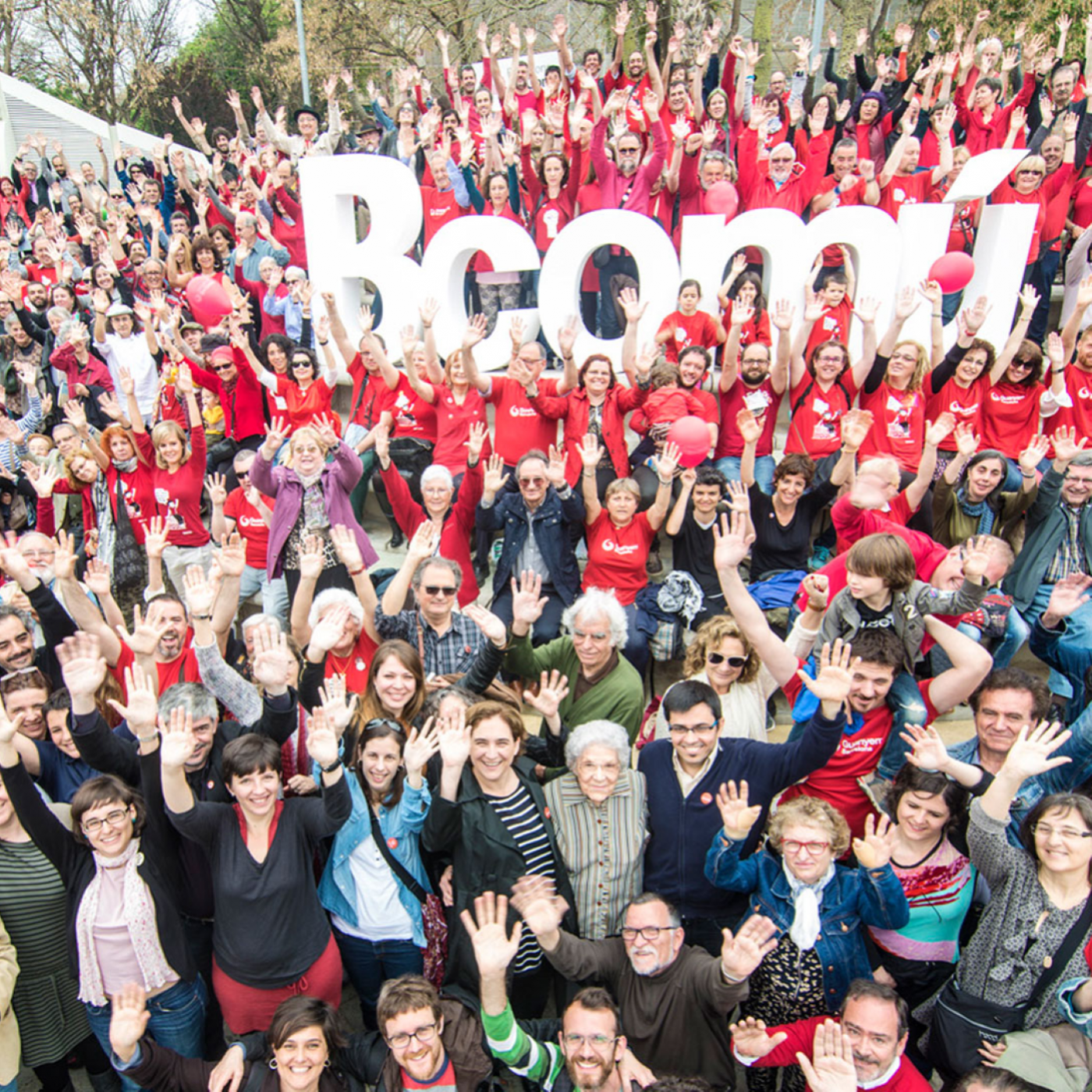
appropriateLooking Back at Eight Years of Municipalist Government in Barcelona: The movement-party Barcelona en ComúIn this episode, we reflect on the rise, evolution, and legacy of Barcelona en Comú, the emblematic movement-party that governed the city of Barcelona from 2015 to 2023. Joined by long-time activist and former political advisor Elia Gran, as well as researchers Silke van Dyk and Luzie Gerstenhöfer (University of Jena), the conversation explores the key ambitions, successes, and tensions of this bold experiment in municipalist governance.
The episode draws from the sociological research project „Public Politics and the Future of the Commons“ to unpack strategic shifts in areas like housing, municipalization of public services as well as social...
2025-06-151h 25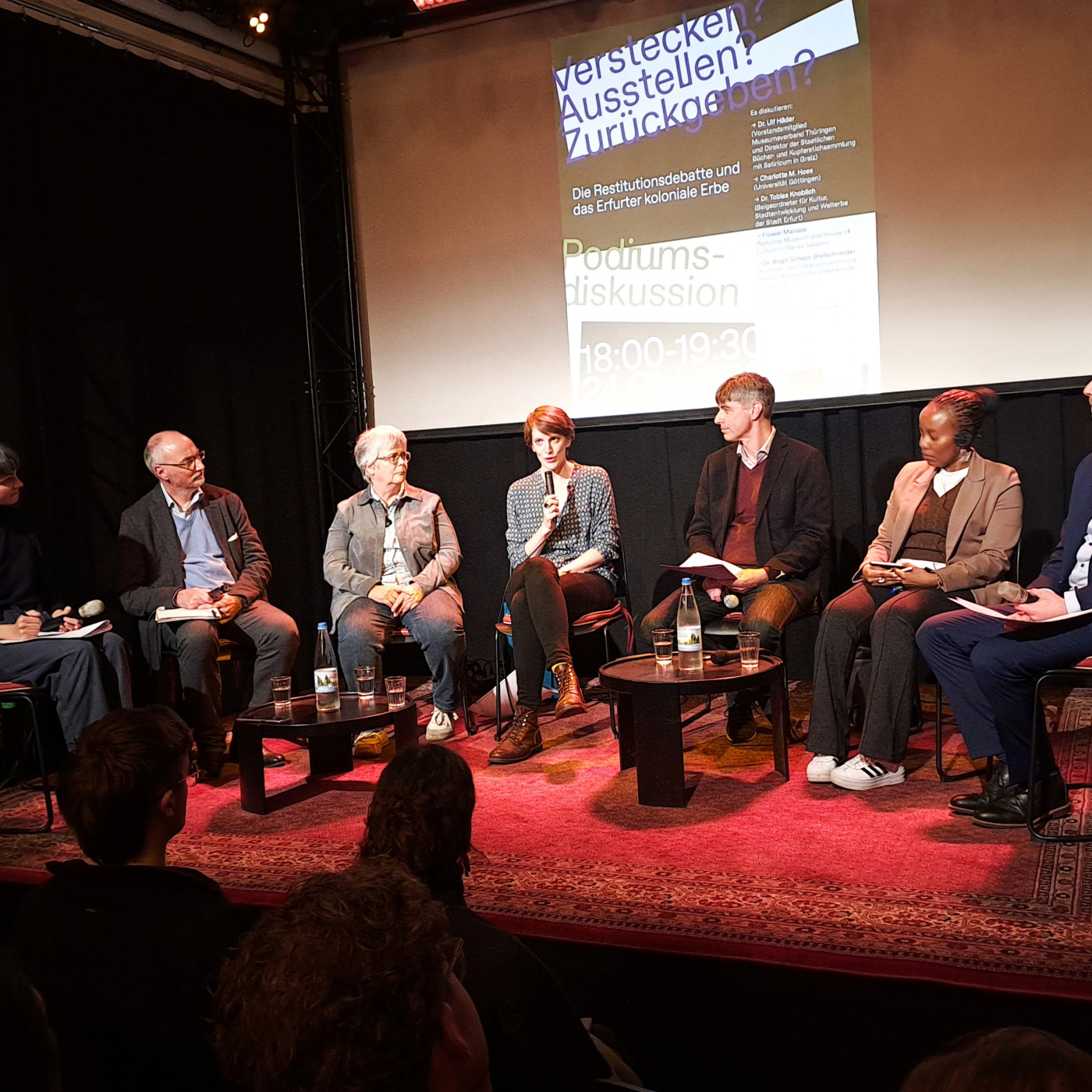
appropriateFrom Contested Ownership to (In)Voluntary ReturnsThis episode documents the workshop about interdisciplinary perspectives on the postcolonial fight for restitution and reparation. In the beginning, the organizers of the workshop, Silvan Niedermeier (University of Erfurt) and Sahra Rausch (Friedrich Schiller University Jena), will present the event. Afterwords, there is an interview with Flower Manase (National Museum of Tanzania) conducted by Aari Hönning (University of Erfurt).
The interdisciplinary workshop aimed to reassess the fight for repatriation and restitution by bringing together questions of ownership and voluntariness that are addressed in the Collaborative Research Center “Structural Change of Property” (Universities Erfurt and Jena) and the D...
2024-12-0346 min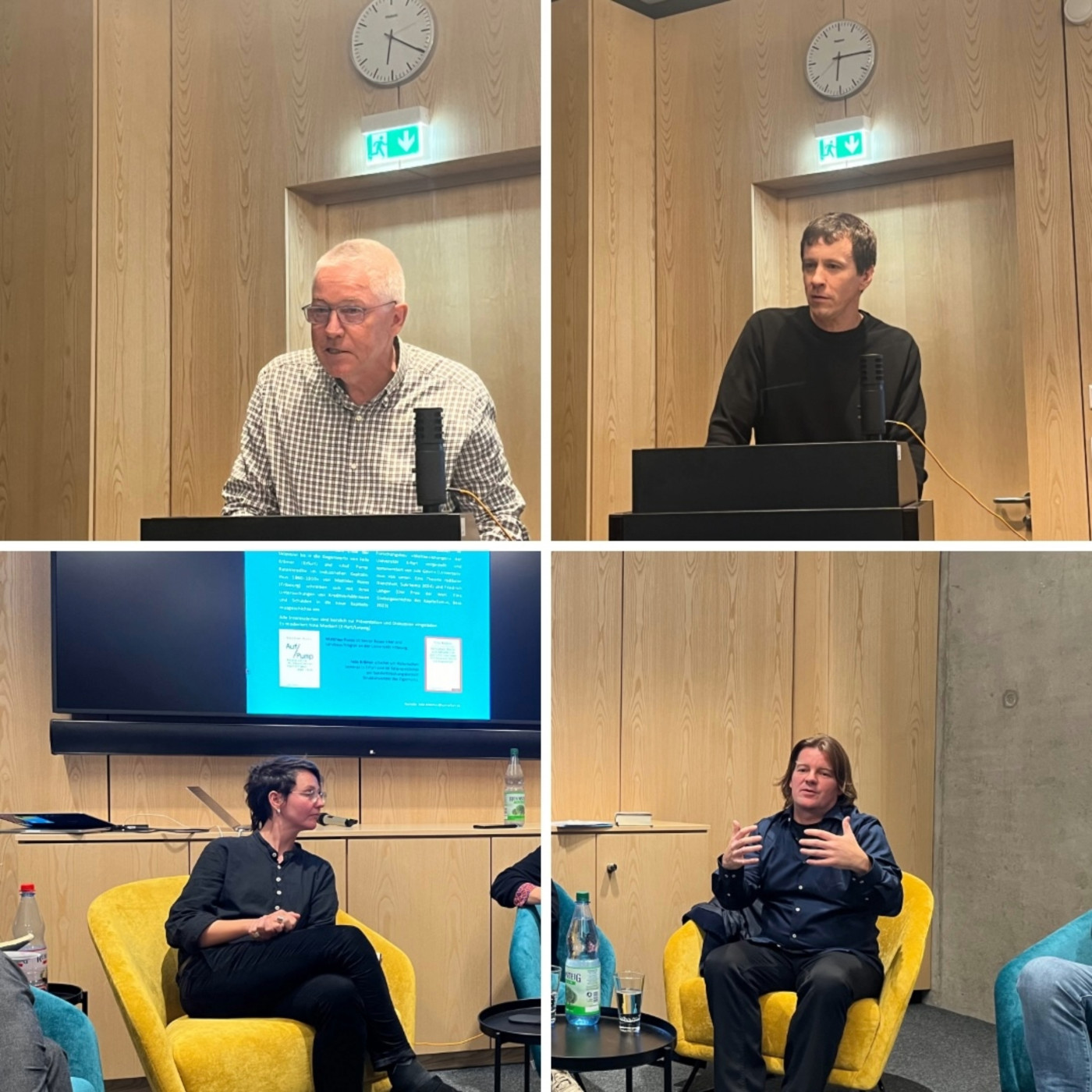
appropriateSchulden in der neuen KapitalismusgeschichteDiese Episode von appropriate dokumentiert eine gemeinsame Buchpräsentation zweier Bücher zum Thema Schulden in der neuen Kapitalismusgeschichte.
Die 2024 erschienenen Bücher Leben auf Kredit. Menschen, Macht und Schulden in den USA vom Ende der Sklaverei bis in die Gegenwart von Felix Krämer (Erfurt) und Auf Pump. Ratenkredite im industriellen Kapitalismus 1860–1910 von Matthias Ruoss (Fribourg) schreiben sich mit ihren Untersuchungen von Kreditverhältnissen und Schulden in die neue Kapitalismusgeschichte ein.
Im Rahmen einer gemeinsamen Buchpräsentation wurden die Bücher im Forschungsbau Weltbeziehungen der Universität Erfurt vorgestellt und kommentiert von Jule Govrin (Universali...
2024-12-0354 min
appropriatePrivate property and public commons – narrowing the gap mit Klaus BosselmannKlaus Bosselmann von der University of Auckland (Neuseeland) versucht in dieser Folge Privateigentum mit dem Schutz von öffentlichen Gütern zu vereinen. Global Commons, also die Atmosphäre, das Wasser, Land, Luft und die Biosphäre sind auch durch die Ausweitung des Privateigentums stark bedroht. Wie kann der Eigentumsbegriff juristisch neugedacht werden, damit das Recht effektiv zum Umweltschutz beiträgt und was kann dabei aus indigenen Ansätzen gelernt werden? Diesen Fragen wird im Vortrag von und Interview mit Rechtswissenschaftler Klaus Bosselmann nachgegangen.
2024-07-161h 00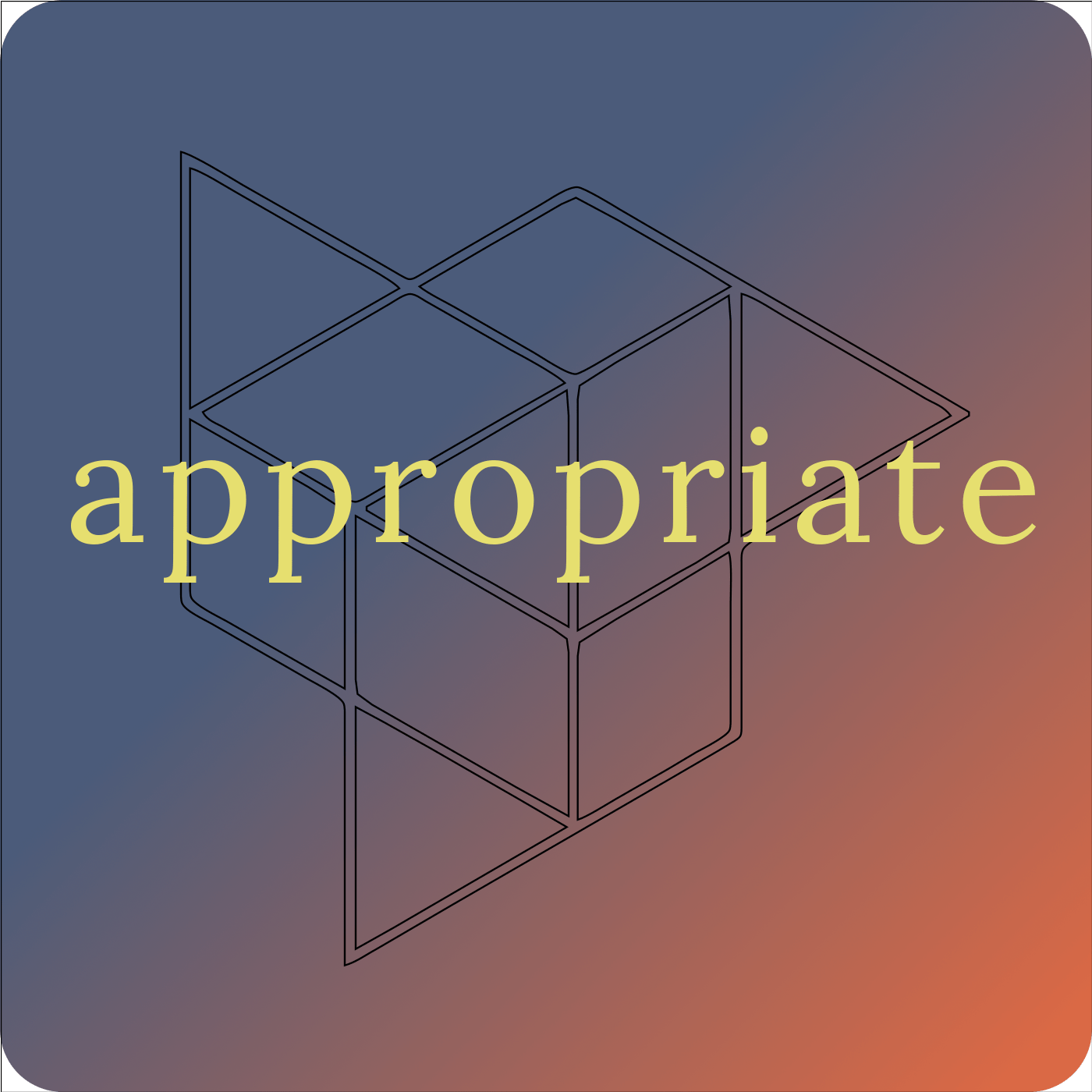
appropriateEpisode 16: Private property and public commons – narrowing the gap mit Klaus BosselmannKlaus Bosselmann von der University of Auckland (Neuseeland) versucht in dieser Folge Privateigentum mit dem Schutz von öffentlichen Gütern zu vereinen. Global Commons, also die Atmosphäre, das Wasser, Land, Luft und die Biosphäre sind auch durch die Ausweitung des Privateigentums stark bedroht. Wie kann der Eigentumsbegriff juristisch neugedacht werden, damit das Recht effektiv zum Umweltschutz beiträgt und was kann dabei aus indigenen Ansätzen gelernt werden? Diesen Fragen wird im Vortrag von und Interview mit Rechtswissenschaftler Klaus Bosselmann nachgegangen.
2024-07-161h 00
appropriateIn Conversation with Clara Salazar (The Urban Lives of Property Series IV)In this inaugural Spanish-language episode of the Urban Lives of Property Series, Clara Salazar delves into the history and concept of the ejidos—collective forms of land ownership introduced by the Mexican Revolution in 1917. Following this, the state began redistributing land to impoverished farmers under the condition that they organize themselves into collectives. Ejidal land, which was typically rural land, could not be sold. The significance of the ejidos persists to this day, although this form of collective ownerships has been the subject of numerous struggles and controversies. In 1992, the rights to ejidal lands were liberalized to permit their sale. Co...
2024-05-291h 05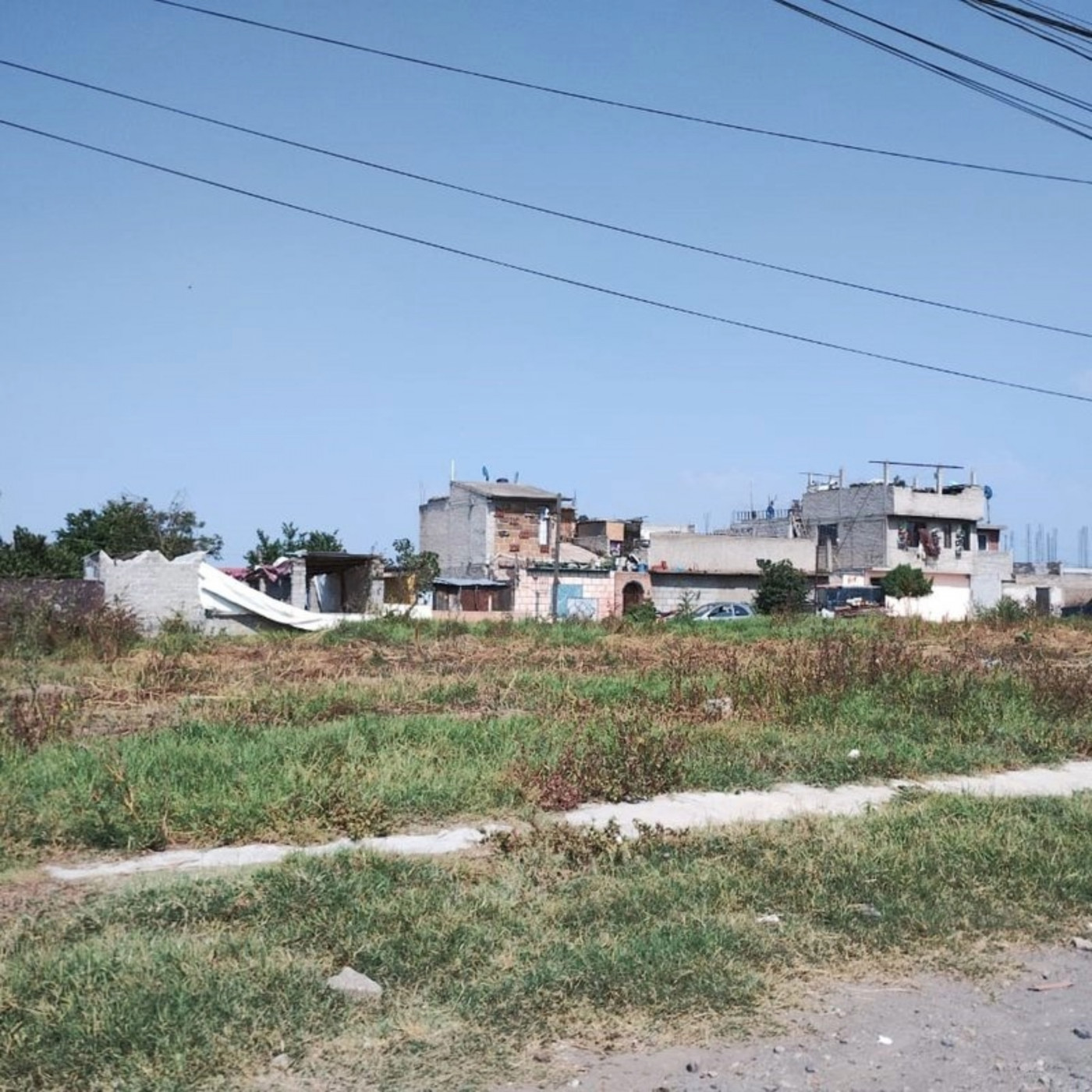
appropriateIn Conversation with Clara Salazar (The Urban Lives of Property Series IV)In this inaugural Spanish-language episode of the Urban Lives of Property Series, Clara Salazar delves into the history and concept of the ejidos—collective forms of land ownership introduced by the Mexican Revolution in 1917. Following this, the state began redistributing land to impoverished farmers under the condition that they organize themselves into collectives. Ejidal land, which was typically rural land, could not be sold. The significance of the ejidos persists to this day, although this form of collective ownerships has been the subject of numerous struggles and controversies. In 1992, the rights to ejidal lands were liberalized to permit their sa...
2024-05-291h 05
appropriateIn Conversation with Jean-David Gerber (The Urban Lives of Property Series III) - Property, Planning and Institutional Power: A view from SwitzerlandThis episode of the Urban Lives of Property Series expands discussions geographically and conceptually: Our guest in this episode, Jean-David Gerber, helps us think property from Switzerland and other places. He speaks with the hosts Hanna Hilbrandt and Markus Kip. Starting off with the observation that there is no single understanding of property, Jean-David argues that it is important for any consideration to be context-specific and to realize that property is not the same as propriété or Eigentum. Jean-David elaborates on his approach to property on the basis of the Institutional Resource Regime framework that he has been working on...
2024-03-011h 16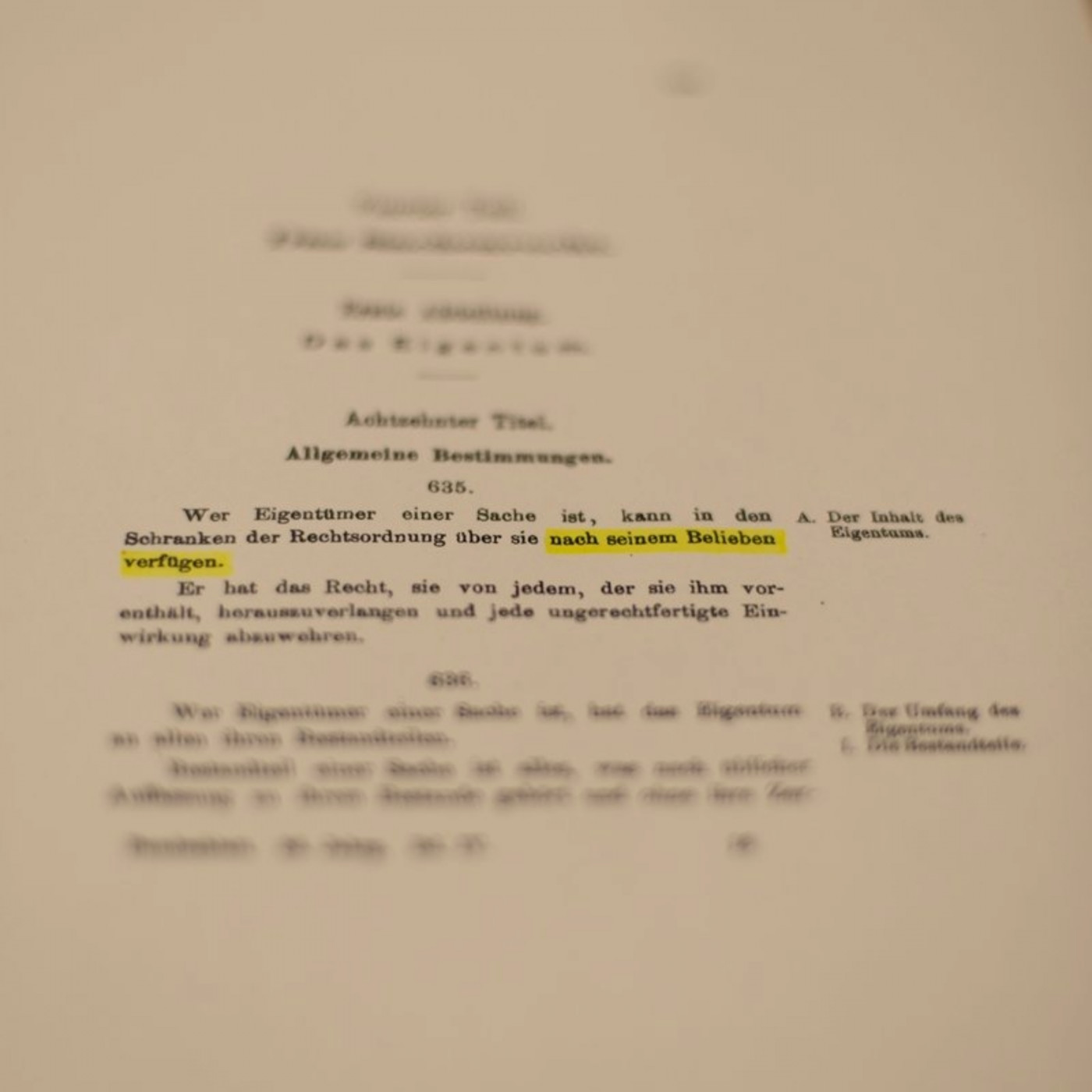
appropriateIn Conversation with Jean-David Gerber (The Urban Lives of Property Series III) - Property, Planning and Institutional Power: AThis episode of the Urban Lives of Property Series expands discussions geographically and conceptually: Our guest in this episode, Jean-David Gerber, helps us think property from Switzerland and other places. He speaks with the hosts Hanna Hilbrandt and Markus Kip. Starting off with the observation that there is no single understanding of property, Jean-David argues that it is important for any consideration to be context-specific and to realize that property is not the same as propriété or Eigentum. Jean-David elaborates on his approach to property on the basis of the Institutional Resource Regime framework that he has been wo...
2024-03-011h 16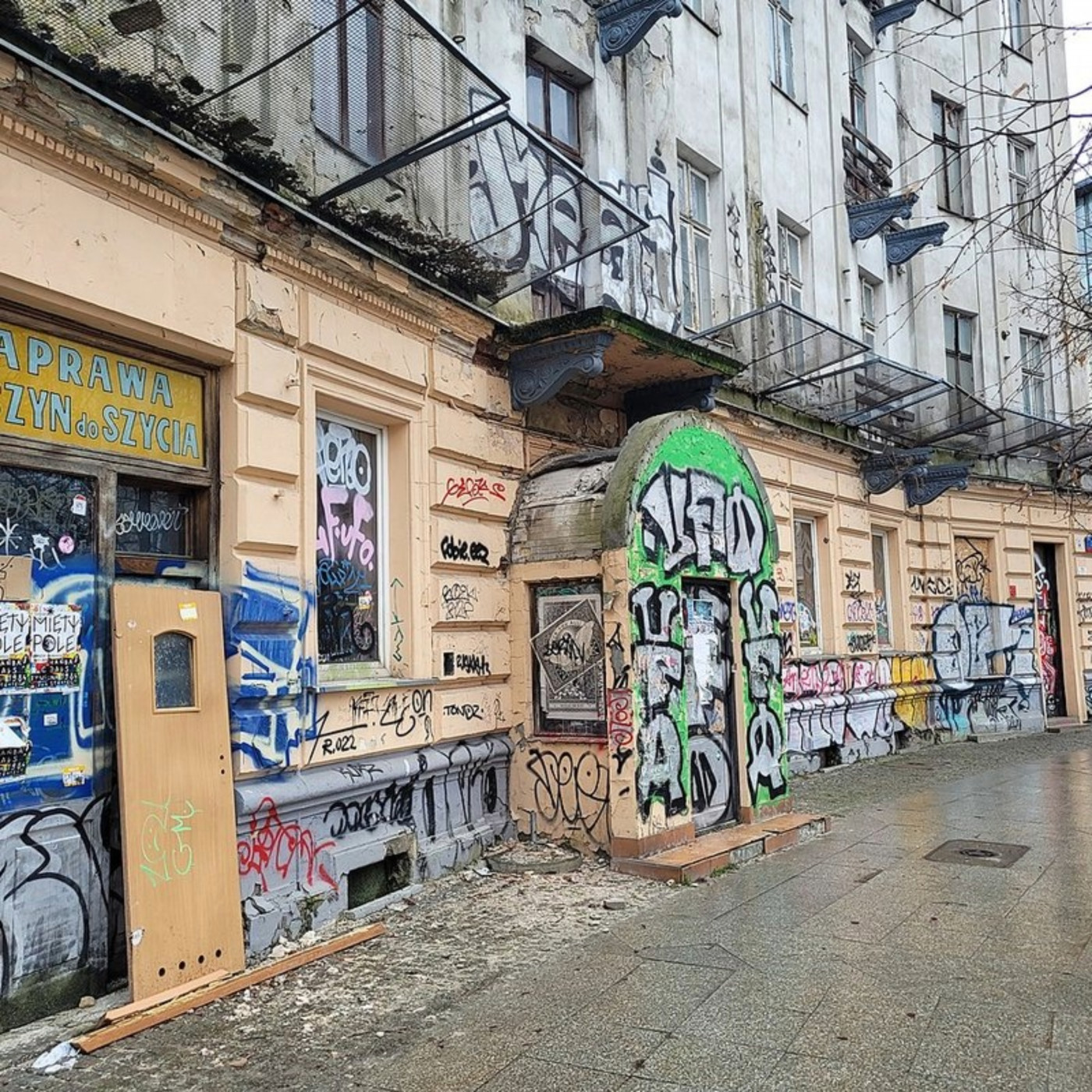
appropriateProperty rights versus tenants: Beata Siemieniako on the restitution of housing in PolandUnregulated restitution of property to prewar owners (or rather their legal successors) remains a major source of conflict over housing in Poland, most notably in Warsaw. This episode features Beata Siemieniako, a Warsaw lawyer and urban activist who has been supporting tenants in their struggle against ruthless developers for years. In her book ·Re-privatising Poland. The History of a Great Scam· (Reprywatyzuj·c Polsk·. Historia wielkiego przekr·tu, Warsaw: Wydawnictwo Krytyki Politycznej 2017), she tells the story of conflicting claims to urban property and reflects on the pitfalls of restituting past property orders while neglecting present-day social rights. Florian Peters has t...
2023-11-3026 min
appropriateProperty rights versus tenants: Beata Siemieniako on the restitution of housing in PolandUnregulated restitution of property to prewar owners (or rather their legal successors) remains a major source of conflict over housing in Poland, most notably in Warsaw. This episode features Beata Siemieniako, a Warsaw lawyer and urban activist who has been supporting tenants in their struggle against ruthless developers for years. In her book ·Re-privatising Poland. The History of a Great Scam· (Reprywatyzuj·c Polsk·. Historia wielkiego przekr·tu, Warsaw: Wydawnictwo Krytyki Politycznej 2017), she tells the story of conflicting claims to urban property and reflects on the pitfalls of restituting past property orders while neglecting present-day social rights. Florian Peters has talke...
2023-11-3026 min
appropriateResidential Property, Couples, and New Logics of Inequality in the Asset Economy – A Conversation with Lisa AdkinsIn this episode, Robin K. Saalfeld engages in an insightful conversation with Lisa Adkins, a noted Professor of Sociology at the University of Sydney. Their discussion traces the narrative of Adkins’s book, “The Asset Economy. Property Ownership and the New Logic of Inequality,” (2020) co-authored by Martijn Konings and Melinda Cooper. Their thought-provoking work charts the emergence of an asset economy marked by property inflation, a term used to describe the escalated rise in the value of housing assets. The unfolding of this phenomenon paves the way for a new perspective on inequality, primarily focusing on market-driven economies like Austra...
2023-07-1843 min
appropriateEpisode 12: Residential Property, Couples, and New Logics of Inequality in the Asset Economy – A Conversation with Lisa AdkinsIn this episode, Robin K. Saalfeld engages in an insightful conversation with Lisa Adkins, a noted Professor of Sociology at the University of Sydney. Their discussion traces the narrative of Adkins's book, "The Asset Economy. Property Ownership and the New Logic of Inequality," (2020) co-authored by Martijn Konings and Melinda Cooper. Their thought-provoking work charts the emergence of an asset economy marked by property inflation, a term used to describe the escalated rise in the value of housing assets. The unfolding of this phenomenon paves the way for a new perspective on inequality, primarily focusing on market-driven economies like Australia, the...
2023-07-1843 min
appropriateProperty and Territory in Russian History and Geography - A Conversation with Vera SmirnovaIn this episode, Hanna Hilbrandt and Markus Kip talk to Vera Smirnova, a human and political geographer to discuss property and territory from a Russian perspective. Smirnova’s genealogical account moves from the Czarist period to this day, illuminating also the current Russian invasion of the Ukraine. Smirnova offers a tour de force through Russia’s moving history of the last 150 years, addressing practices of serfdom, enclosures in the early 20th century, land collectivization following the Russian revolution and waves of privatization after 1991. Throughout this period the institution of property is shown to be fuzzy, insecure, and informal, a lega...
2023-06-201h 18
appropriateEpisode 11: Property and Territory in Russian History and Geography - A Conversation with Vera SmirnovaIn this episode, Hanna Hilbrandt and Markus Kip talk to Vera Smirnova, a human and political geographer to discuss property and territory from a Russian perspective. Smirnova’s genealogical account moves from the Czarist period to this day, illuminating also the current Russian invasion of the Ukraine. Smirnova offers a tour de force through Russia’s moving history of the last 150 years, addressing practices of serfdom, enclosures in the early 20th century, land collectivization following the Russian revolution and waves of privatization after 1991. Throughout this period the institution of property is shown to be fuzzy, insecure, and informal, a legacy that...
2023-06-201h 18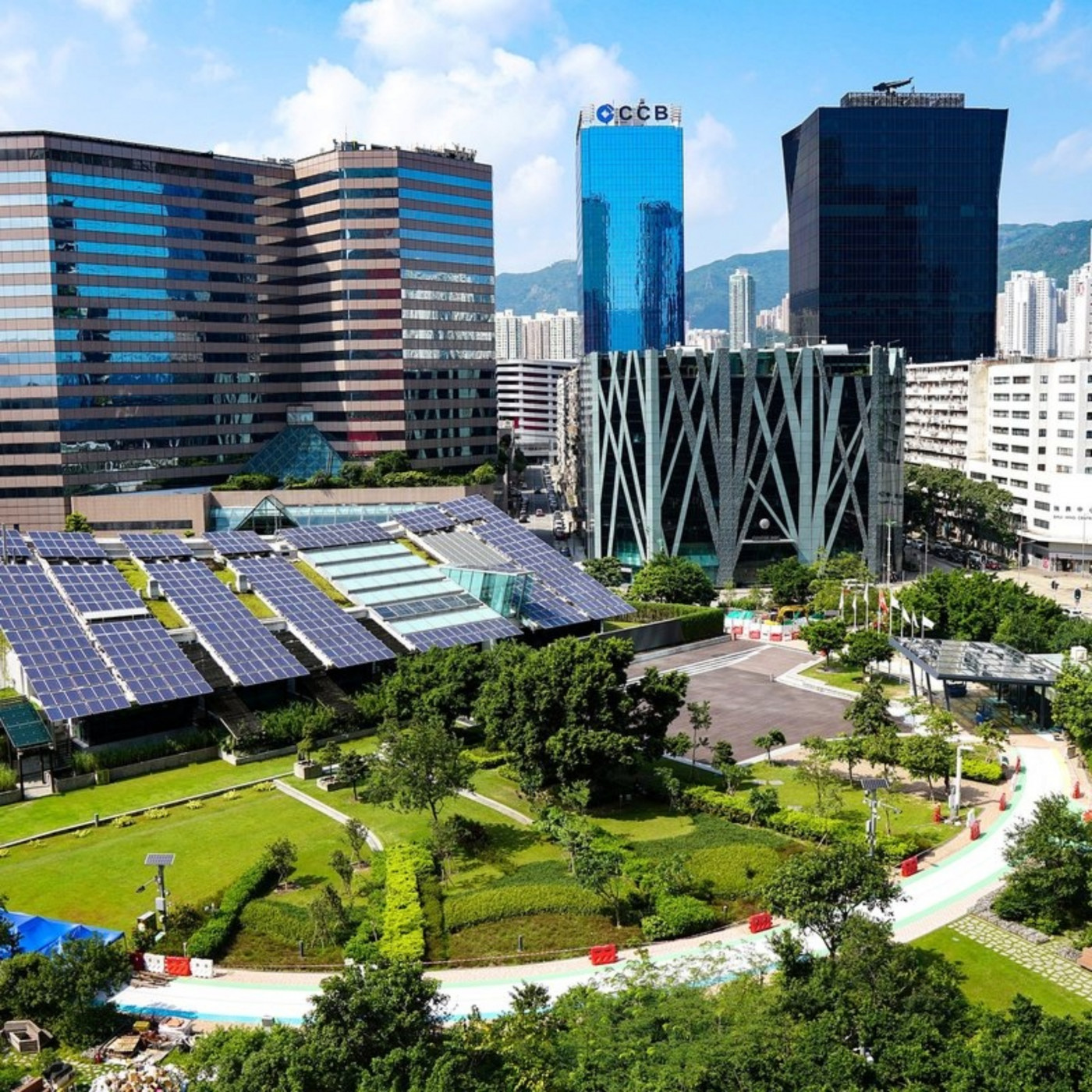
appropriateWohnen und Energie als öffentliche Infrastrukturen – Kommunalisieren, Vergesellschaften, Enteignen?Wohnen und Energie sind Teil der öffentlichen Daseinsvorsorge. Im Zuge von Krisen wird deren Organisation und Eigentumsform diskutiert. Vorschläge sind die Überführung von privatisiertem Eigentum in öffentliches Eigentum. Im Bereich Wohnen geht die Kampagne „Deutsche Wohnen und Co. Enteignen“ noch weiter und fordert eine Vergesellschaftung von Wohnraum. Auch im Bereich Energie gibt es solche Forderungen und auch schon eine konkrete Umsetzung beim Verein BürgerEnergie Thüringen. Doch inwiefern unterscheidet sich die geforderte Vergesellschaftung von der Kommunalisierung? Welche Herausforderungen gilt es zu beachten? Und ist kommunales Eigentum immer sozial gerechter als Privateigentum? In dieser Podcastfolge kommen Perspektiven aus der Wis...
2023-02-1349 min
appropriateEpisode 10: Wohnen und Energie als öffentliche Infrastrukturen – Kommunalisieren, Vergesellschaften, Enteignen?Wohnen und Energie sind Teil der öffentlichen Daseinsvorsorge. Im Zuge von Krisen wird deren Organisation und Eigentumsform diskutiert. Vorschläge sind die Überführung von privatisiertem Eigentum in öffentliches Eigentum. Im Bereich Wohnen geht die Kampagne „Deutsche Wohnen und Co. Enteignen“ noch weiter und fordert eine Vergesellschaftung von Wohnraum. Auch im Bereich Energie gibt es solche Forderungen und auch schon eine konkrete Umsetzung beim Verein BürgerEnergie Thüringen. Doch inwiefern unterscheidet sich die geforderte Vergesellschaftung von der Kommunalisierung? Welche Herausforderungen gilt es zu beachten? Und ist kommunales Eigentum immer sozial gerechter als Privateigentum? In dieser Podcastfolge kommen Perspektiven aus der Wissens...
2023-02-1349 min
appropriateEpisode 9: Global Commons Series 3/3 – Dr. Megan Blomfield about Carbon Sinks as Global CommonsIn the third episode of our mini-series about Global Commons, we hear from Dr. Megan Blomfield, a senior lecturer in political philosophy at the University of Sheffield. Her research concerns global justice and the environment, focusing on the problem of climate change, which you can read more about in her 2019 book, Global Justice, Natural Resources, and Climate Change. In today’s episode we explore carbon sinks as global commons. Because the issue of climate change concerns how we use and share carbon sinks like the atmosphere, the concept of the global commons has been used to invoke more equitable sharing of...
2023-02-0228 min
appropriateGlobal Commons Series 3/3 – Dr. Megan Blomfield about Carbon Sinks as Global CommonsIn the third episode of our mini-series about Global Commons, we hear from Dr. Megan Blomfield, a senior lecturer in political philosophy at the University of Sheffield. Her research concerns global justice and the environment, focusing on the problem of climate change, which you can read more about in her 2019 book, Global Justice, Natural Resources, and Climate Change. In today’s episode we explore carbon sinks as global commons. Because the issue of climate change concerns how we use and share carbon sinks like the atmosphere, the concept of the global commons has been used to invoke more equitable sh...
2023-02-0228 min
appropriateGlobal Commons Series 2/3 – Isabel Feichtner about Reconstituting the Seabed as a Global Commons: What Would it Take?In the second episode of our mini-series about Global Commons, we hear from Dr. Isabel Feichtner, a current Fellow at The New Institute where she works on Global and Urban Commons and in particular Commons Public Partnerships. In this episode, we will be focusing on a specific global commons- the deep seabed. Feichtner expertly shows us how the deep seabed regime, often hailed as a successful example of international cooperation and management of a global commons, has actually developed with an economic extraction focus to the detriment of distributive justice and environmental protection.
2023-01-1928 min
appropriateEpisode 8: Global Commons Series 2/3 – Isabel Feichtner about Reconstituting the Seabed as a Global Commons: What Would it Take?In the second episode of our mini-series about Global Commons, we hear from Dr. Isabel Feichtner, a current Fellow at The New Institute where she works on Global and Urban Commons and in particular Commons Public Partnerships. In this episode, we will be focusing on a specific global commons- the deep seabed. Feichtner expertly shows us how the deep seabed regime, often hailed as a successful example of international cooperation and management of a global commons, has actually developed with an economic extraction focus to the detriment of distributive justice and environmental protection.
2023-01-1928 min
appropriateGlobal Commons Series 1/3 –Daniel Lambach about the Territorialization of the Global CommonsThis is the first episode in the podcast mini series Global Commons and Their Discontents, a series which aims to present the contributions and discussions from our September 2022 workshop of the same name. In this episode we hear from Dr. Daniel Lambach, a political scientist currently working as a Heisenberg Fellow at the Research Centre Normative Orders at Goethe Universität Frankfurt. Lambach provides a helpful overview of three different global commons domains, the oceans, airspace, and outerspace, as well as the three types of spatial models used in the territorialization process of these domains. He also identifies several t...
2023-01-0328 min
appropriateEpisode 7: Global Commons Series 1/3 –Daniel Lambach about the Territorialization of the Global CommonsThis is the first episode in the podcast mini series Global Commons and Their Discontents, a series which aims to present the contributions and discussions from our September 2022 workshop of the same name. In this episode we hear from Dr. Daniel Lambach, a political scientist currently working as a Heisenberg Fellow at the Research Centre Normative Orders at Goethe Universität Frankfurt. Lambach provides a helpful overview of three different global commons domains, the oceans, airspace, and outerspace, as well as the three types of spatial models used in the territorialization process of these domains. He also identifies several territorialization t...
2023-01-0328 min
appropriateSharing Economies - Teilen als Alternative zu was?Teilen als Alternative klingt erstmal vielversprechend. Unternehmen der sogenannten Sharing Economy wie „AirBnB“ und „Couchsurfing“ im Bereich „Homesharing“ sowie „TeilAuto“ oder „Miles“ im Bereich Carsharing knüpfen an diese Versprechung an – und scheinen auf den ersten Blick Lösungsansätze für gesellschaftliche Problemlagen wie den motorisierten Individualverkehr oder zunehmende Vereinzelung anzubieten: Wer sich ein Auto teilt, braucht kein eigenes mehr zu besitzen und verzichtet damit auch auf Privateigentum. Wer in der zunehmend individualisierten Gesellschaft vereinzelt, kann über die Plattform AirBnB authentisch mit anderen zusammenwohnen – wie in einer Wohngemeinschaft oder Kleinfamilie. Dass damit aber auch neue Ausschlüsse und Problemlagen produziert werden...
2022-10-071h 03
appropriateBlood Oil CommoditiesThe interview addresses the problem of clean trade with natural resources. It discusses available concepts of conflict commodities and points to available policies trying to regulate trade with minerals from conflict zones. It presents how political theorists concerned with global justice discuss natural resources and conflicts and what conceptions of clean trade there are and what ideas about global justice underlie them. The question of property to valuable goods like minerals, oil, gas etc. is raised. Also, the question about what kinds of responsibilites there are in matters of trade with conflict commodities. PD Dr. Petra Gümplová (Twitter @pe...
2022-08-0957 min
appropriateEpisode 4: Massimo de Angelis - Property, Commons and the CommonIn the last episode of our mini-series about the future of social rights, Massimo del Angelis speaks about the meaning of ownership for the commons. He connects the notion of property, commons and the common with special regard to needs for social change.
Massimo De Angelis was professor for political economy at the University of East London until 2020. He is editor of the webjournal “The Commoner”.
2022-06-2158 min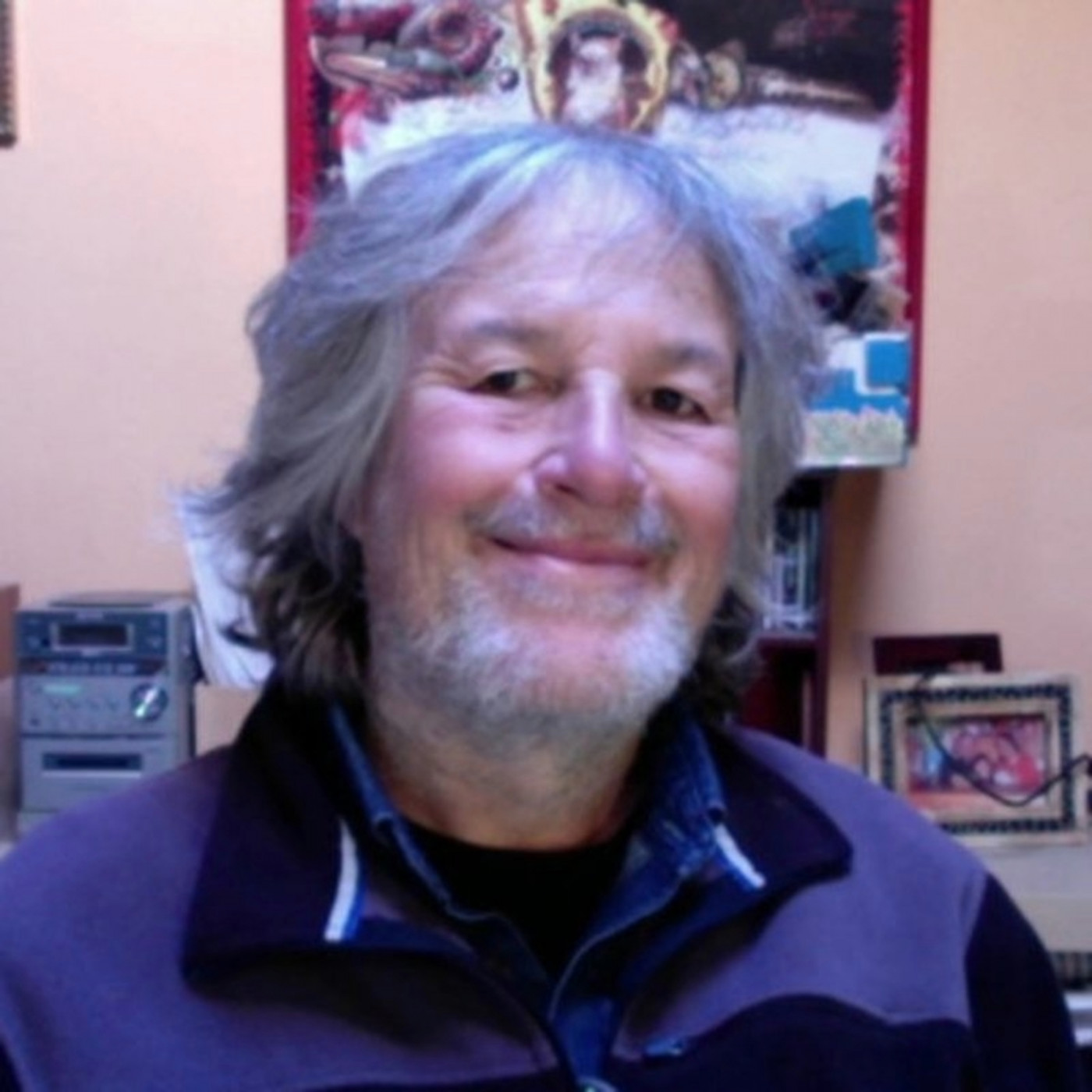
appropriateMassimo de Angelis - Property, Commons and the CommonIn the last episode of our mini-series about the future of social rights, Massimo del Angelis speaks about the meaning of ownership for the commons. He connects the notion of property, commons and the common with special regard to needs for social change. Massimo De Angelis was professor for political economy at the University of East London until 2020. He is editor of the webjournal “The Commoner”.
2022-06-2158 min
appropriateEpisode 3: Julie Froud - Rethinking the Foundational Economy and Collective InfrastructuresIn the second episode of our mini-series about the future of social rights, Julie Froud talks about the Foundational Economy and its rethinking, adapting and renewing with special regard to collective infrastructures.
Julie Froud is a professor at the University of Manchester, UK and a member of the Foundational Economy Collective. Building on previous research on financialisation and corporations, her current focus is on developing the research agenda on the foundational economy. She has been particularly involved in research in Wales where the foundational economy has been recognised by Government, third sector and civil society organisations.
2022-06-141h 26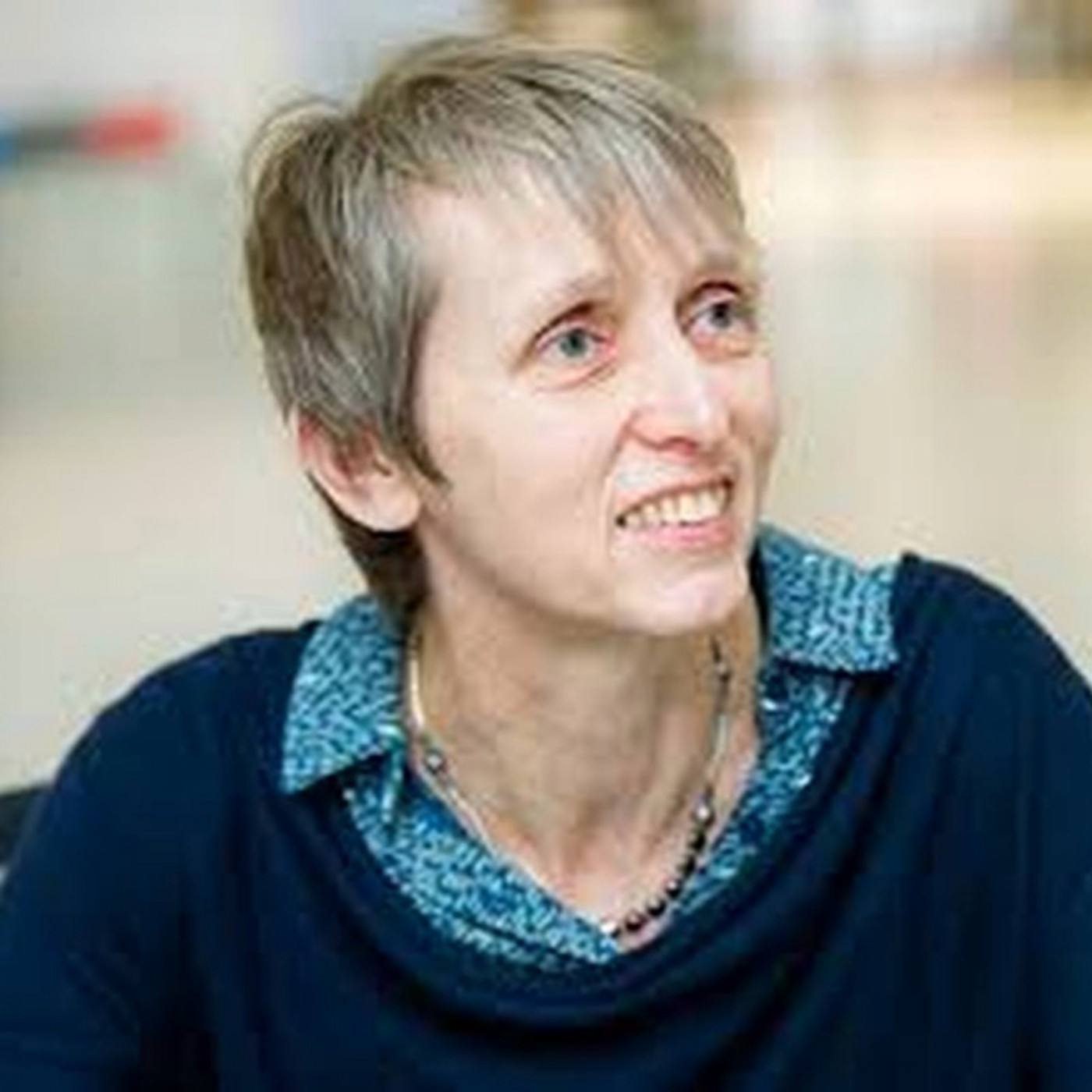
appropriateJulie Froud - Rethinking the Foundational Economy and Collective InfrastructuresIn the second episode of our mini-series about the future of social rights, Julie Froud talks about the Foundational Economy and its rethinking, adapting and renewing with special regard to collective infrastructures. Julie Froud is a professor at the University of Manchester, UK and a member of the Foundational Economy Collective. Building on previous research on financialisation and corporations, her current focus is on developing the research agenda on the foundational economy. She has been particularly involved in research in Wales where the foundational economy has been recognised by Government, third sector and civil society organisations.
2022-06-141h 26
appropriateEpisode 2: The Future of Social Rights - Social Rights as Property? Thinking with and beyond Robert CastelThe first episode of our mini-series about the future of social rights will give an introduction about the question of social rights as property which is inspired by the notion of social property developed by the sociologist Robert Castel. The speakers are Silke van Dyk, Steffen Liebig and Markus Kip from the Collaborative Research Center.
For more information about the speakers, visit their pages on the website of the SFB.
Silke van Dyk: https://sfb294-eigentum.de/de/beteiligte/silke-van-dyk/
Steffen Liebig: https://sfb294-eigentum.de/de/beteiligte/steffen-liebig/
Markus Kip: https://sfb294-eigentum.de/de/beteiligte/markus-kip/
2022-06-1426 min
appropriateThe Future of Social Rights - Social Rights as Property? Thinking with and beyond Robert CastelThe first episode of our mini-series about the future of social rights will give an introduction about the question of social rights as property which is inspired by the notion of social property developed by the sociologist Robert Castel. The speakers are Silke van Dyk, Steffen Liebig and Markus Kip from the Collaborative Research Center. For more information about the speakers, visit their pages on the website of the SFB. Silke van Dyk: https://sfb294-eigentum.de/de/beteiligte/silke-van-dyk/ Steffen Liebig: https://sfb294-eigentum.de/de/beteiligte/steffen-liebig/ Markus Kip: https://sfb294-eigentum.de/de/beteiligte/markus-kip/
2022-06-1426 min
appropriateTrailerDer Trailer gibt einen kleinen Einblick in das Vorhaben des Podcasts und seine Themen.
2022-04-2702 min
appropriateEpisode 1: Konflikte um Nachhaltige Mobilität - Perspektiven aus Klimabewegung, Gewerkschaft und BetriebUnsere erste Podcastfolge ist endlich da! Wir starten unsere Podcastreihe mit einem akutellen Thema, das wissenschaftliche Überlegungen zum Thema nachhaltige Mobilität mit Erfahrungen aus der Praxis von Klimabewegung, Gewerkschaft und Betrieb zusammenbringt. Kim Lucht und Steffen Liebig vom Sonderforschungsbereich befragen die vier Gäste Christopher Szymula (Verkehrsingenieur, Straßenbahnfahrer aus Leipzig), Lea Knoff (Students for Future, Die Linke/ SDS aus Leipzig), Laura Meschede (Offenes Antikapitalistisches Klimatreffen München) und Ferhat Kirmizi (stellvertretender Betriebsratsvorsitzender Bosch München-Berg am Laim) zu Erfahrungen und Herausforderungen der Allianz zwischen Klimabewegung(en) und Gewerkschaften.
2022-04-261h 11
appropriateKonflikte um Nachhaltige Mobilität - Perspektiven aus Klimabewegung, Gewerkschaft und BetriebUnsere erste Podcastfolge ist endlich da! Wir starten unsere Podcastreihe mit einem akutellen Thema, das wissenschaftliche Überlegungen zum Thema nachhaltige Mobilität mit Erfahrungen aus der Praxis von Klimabewegung, Gewerkschaft und Betrieb zusammenbringt. Kim Lucht und Steffen Liebig vom Sonderforschungsbereich befragen die vier Gäste Christopher Szymula (Verkehrsingenieur, Straßenbahnfahrer aus Leipzig), Lea Knoff (Students for Future, Die Linke/ SDS aus Leipzig), Laura Meschede (Offenes Antikapitalistisches Klimatreffen München) und Ferhat Kirmizi (stellvertretender Betriebsratsvorsitzender Bosch München-Berg am Laim) zu Erfahrungen und Herausforderungen der Allianz zwischen Klimabewegung(en) und Gewerkschaften.
2022-04-261h 11